10 riders who retired in 2015
Petacchi, Basso and Lastras among those to leave peloton
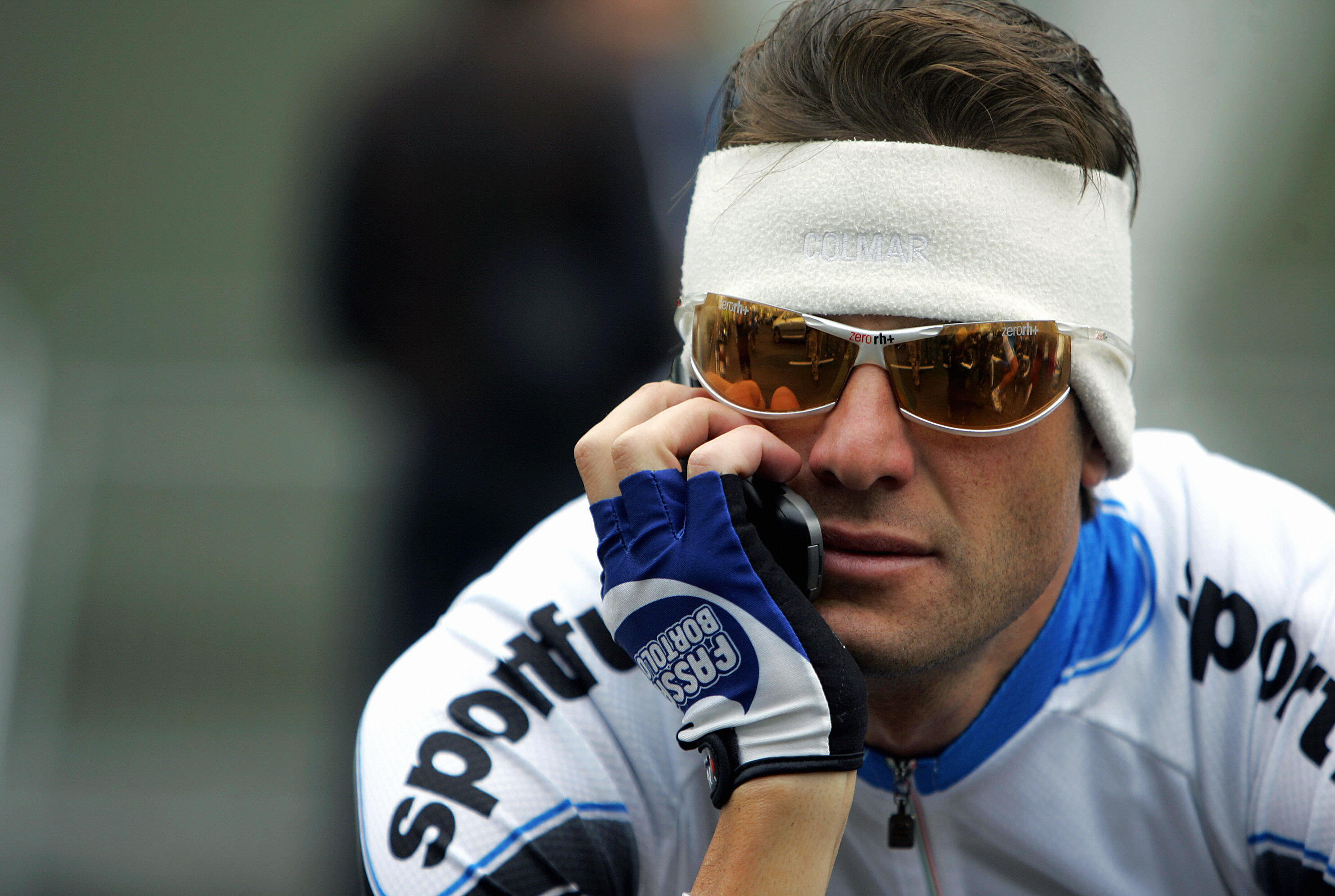
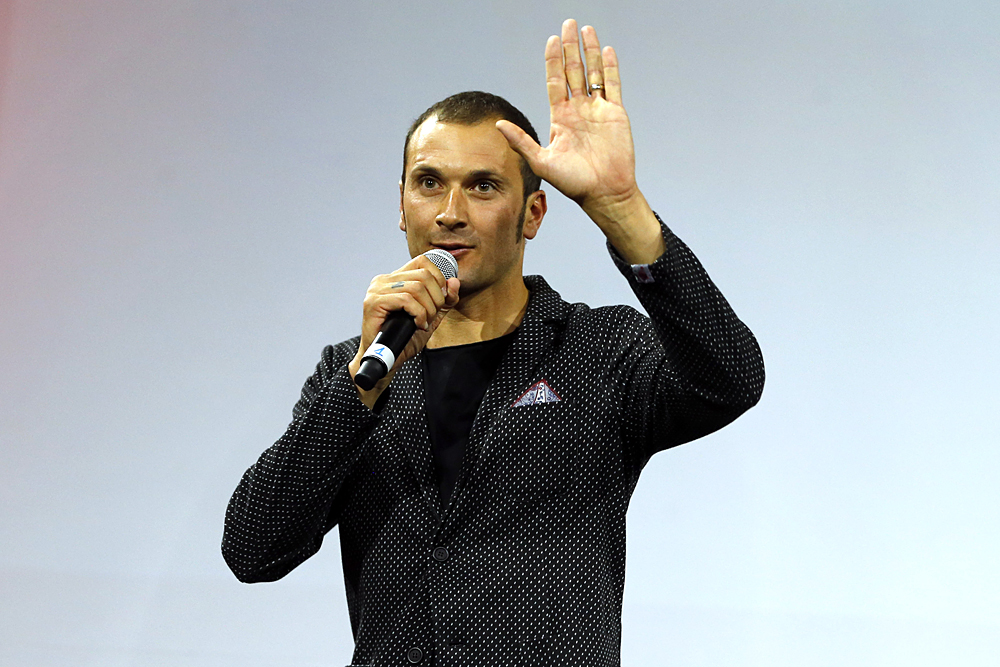
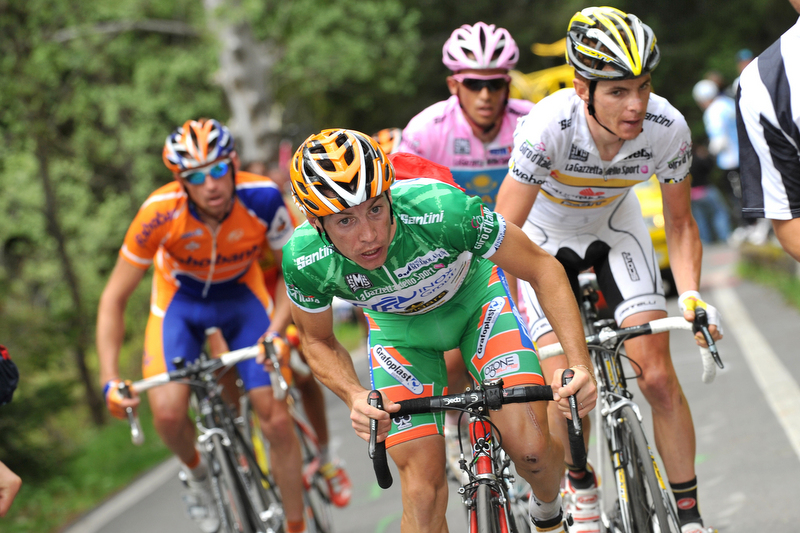
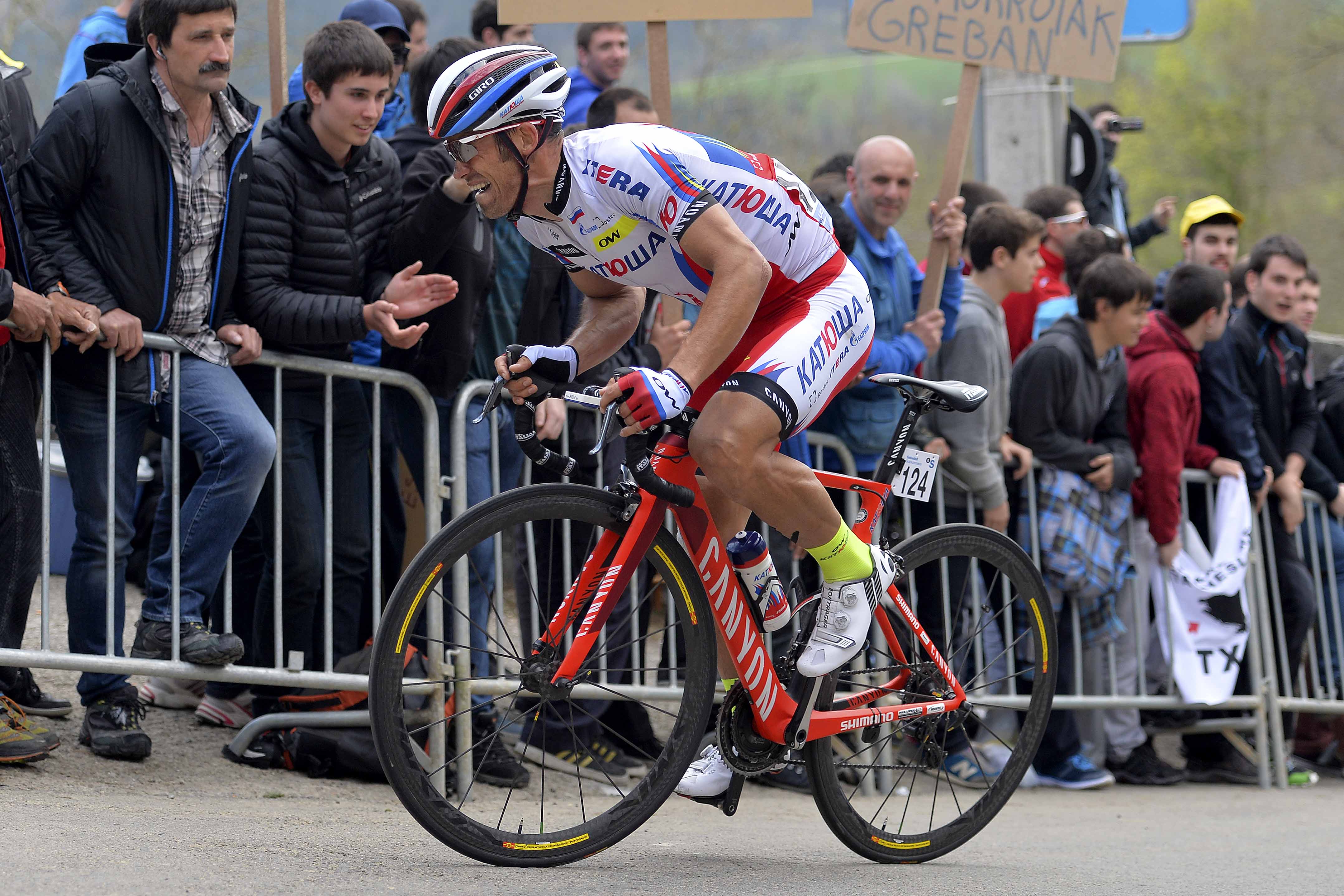
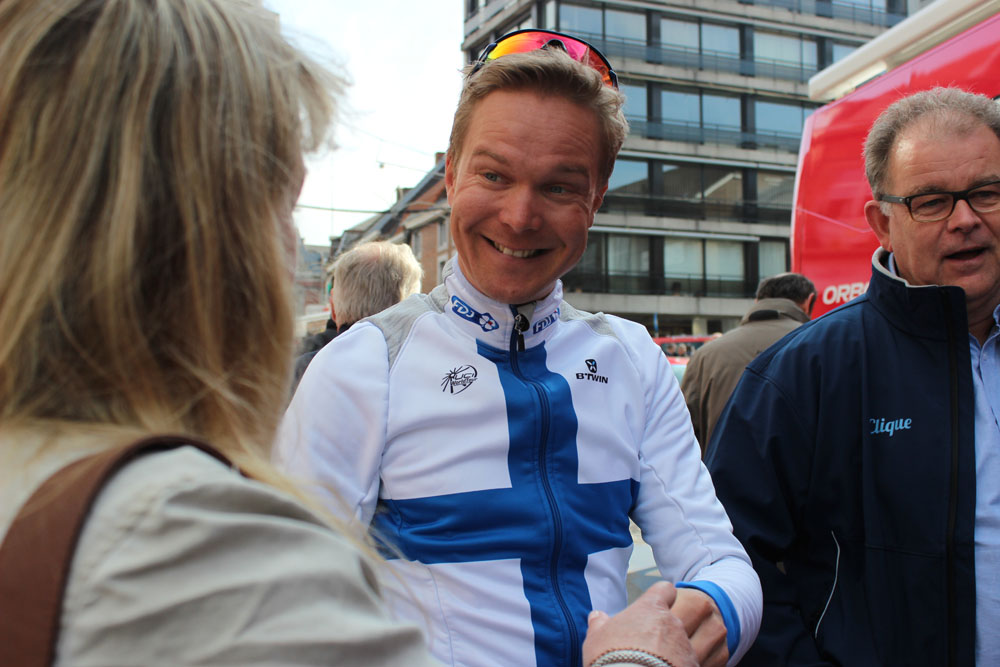
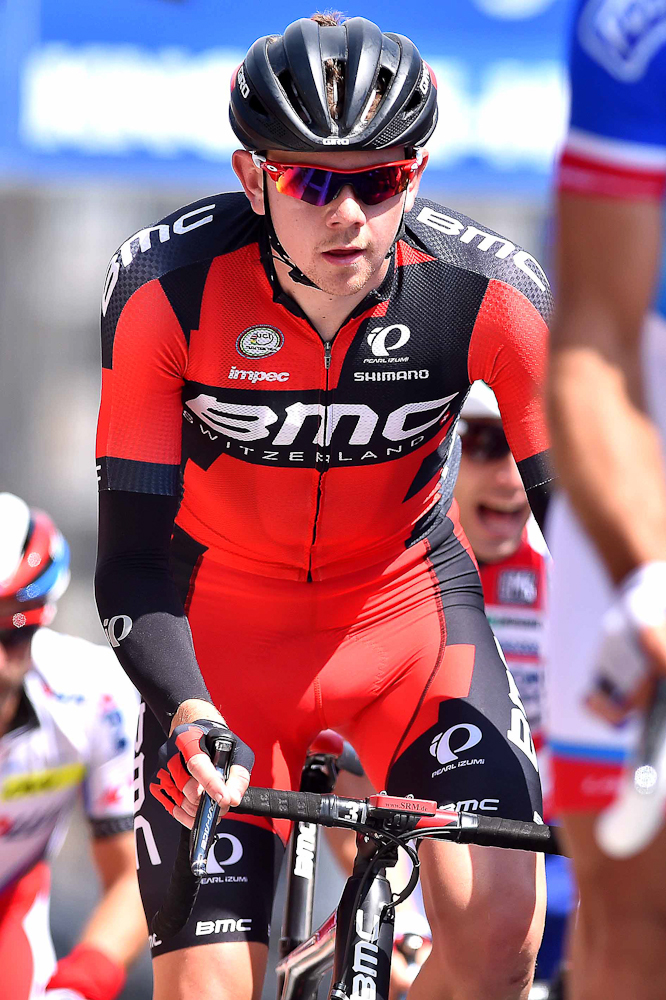
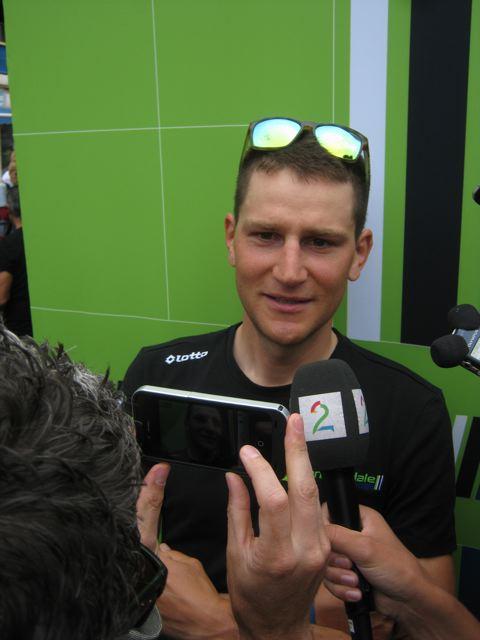
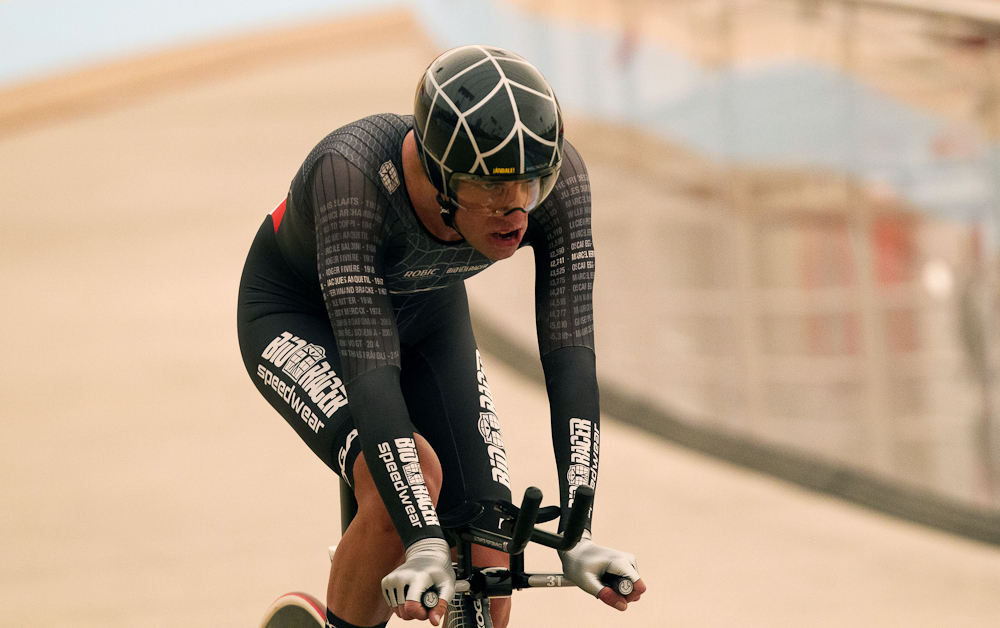
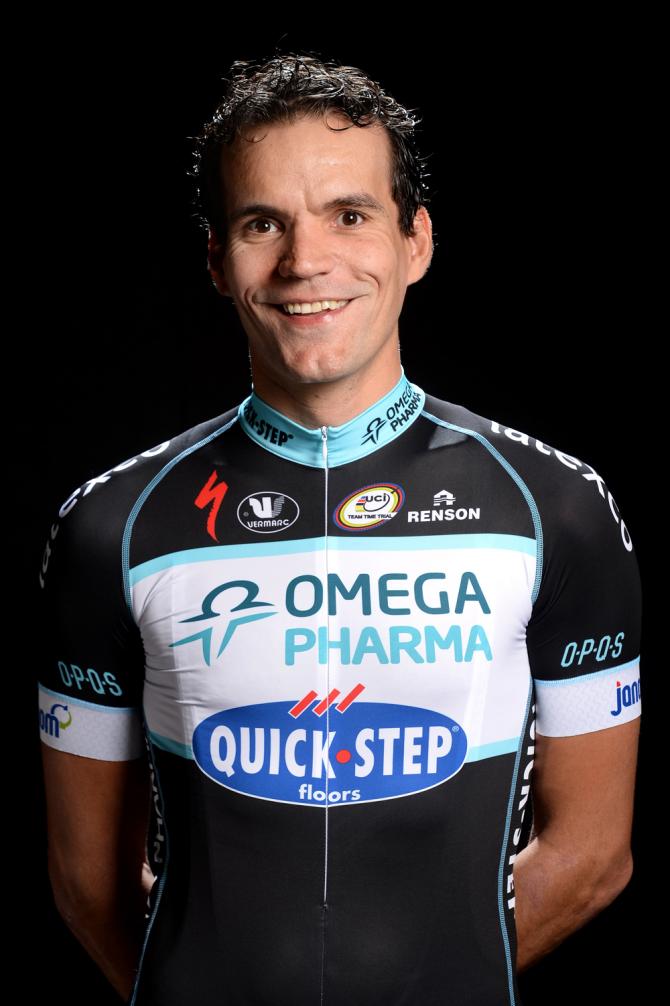
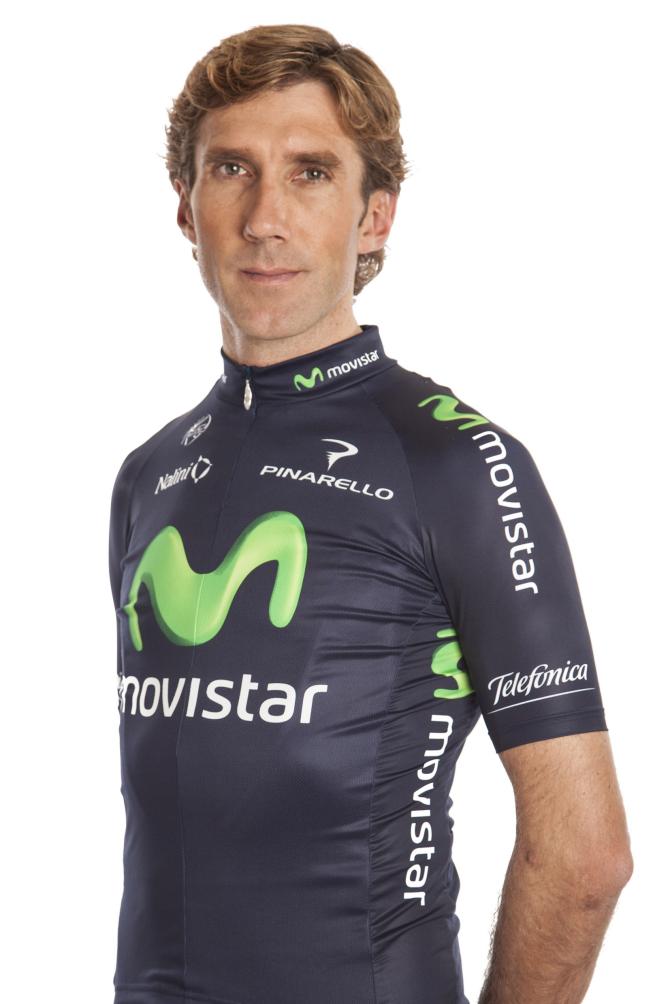
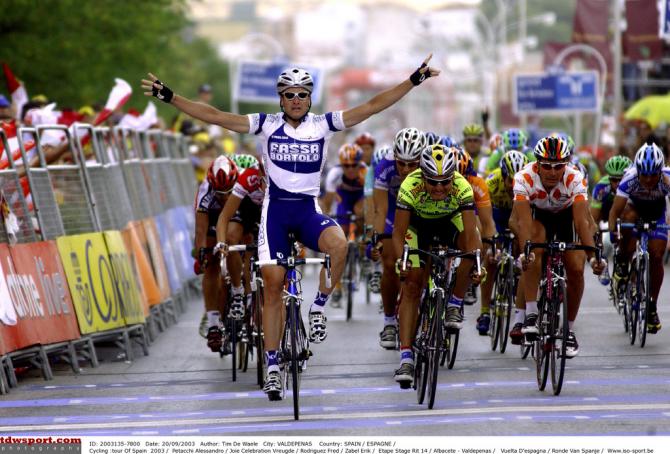
Everything passes. 2015 began with Cadel Evans bringing the curtain down on his career on home roads in Australia and with former Tour of Flanders winner Nick Nuyens accepting the inevitable after he failed to secure a new team. As 2015 gives way to 2016, Cyclingnews takes a look at some of the riders who have bid farewell to the professional peloton ahead of the new campaign.
Alessandro Petacchi tended to greet requests for interviews at race starts with a grimace. “Mah, non voglio parlare (I don’t want to talk)” he would invariably say as he slouched on his top tube. Yet almost without fail, Petacchi would – with a little persuasion – eventually come around to the idea of putting his thoughts on the record, and once he started talking, he found it difficult to stop. Indeed, on occasion, the Tuscan would still be softly discussing the issue at hand even as the peloton pedalled out of town.
Petacchi’s professional career followed a similar pattern. His first four years with Bruno Reverberi’s Scrigno team yielded just one victory – a stage of the Tour de Langkawi in 1998 – but Petacchi was coaxed into dramatically better things on joining Giancarlo Ferretti’s Fassa Bortolo team in 2000. Initially assigned as Fabio Baldato’s lead-out man at that year’s Vuelta a España, Petacchi reluctantly agreed to reverse their roles in the sprints in the second week, and duly claimed the first big wins of his career.
Floodgates duly opened, Petacchi couldn’t stop himself from winning in the years that followed, most famously at the 2004 Giro d’Italia, when he won nine sprint stages. All told, he would claim 22 stages at the Giro, 20 stages at the Vuelta and six at the Tour de France, though his finest hour was surely his 2005 victory at Milan-San Remo. His career was not without controversy. He was stripped of his five stage wins at the 2007 Giro due to a positive test for salbutamol and was later investigated as part of the long-running Padova doping inquiry, though never charged.
Petacchi appeared to have retired when he left Lampre ahead of the 2013 Giro, but again found it hard to stop – he would re-emerge at QuickStep as Mark Cavendish’s lead-out man before season’s end. He claimed victory in the 2014 GP Pino Cerami at 40 years of age, and signed up for one last season in the colours of Southeast in 2015. Fittingly, the Giro was his final race. Cruelly, he abandoned on the road to Sestriere, one day shy of the finish in Milan.
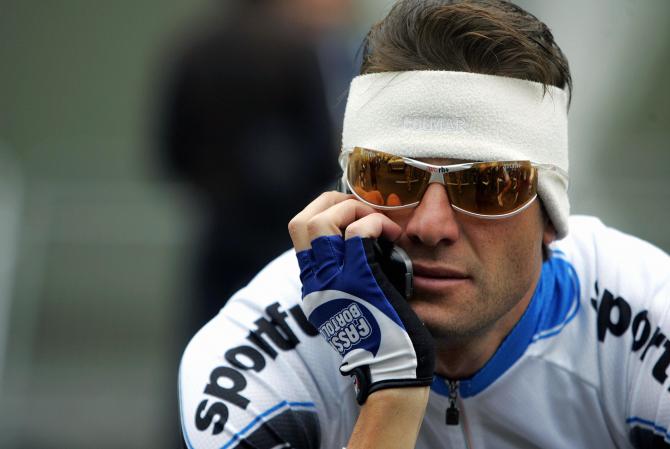
The latest race content, interviews, features, reviews and expert buying guides, direct to your inbox!
A career of two halves for Ivan Basso, who looked a Tour de France winner in waiting ahead of the Operacion Puerto scandal of 2006, and then spent the second act trying to restore his reputation. Along with Jan Ullrich, freshly-crowned Giro winner Basso was the biggest name to be revealed as a client of blood doping doctor Eufemiano Fuentes on the eve of the 2006 Tour. He would belatedly go on to serve a suspension after the infamously incomplete admission that he had “intended” to blood dope under Fuentes’ supervision, and his return to action would prove a divisive one.
Liquigas left teams’ association AIGCP in order to sign Basso when his ban expired in 2008, but Basso himself looked to underline his bona fides by pledging transparency and being coached by Dr. Aldo Sassi of the Mapei Centre. Victory at the memorable 2010 Giro completed the atonement process in the mind of Basso and his supporters, though others would have appreciated franker language than his continued employment of the vague euphemism “my mistake” when discussing his doping ban.
During his second coming, Basso never approached the startling condition that saw him so dominate the 2006 Giro, though he remained consistent deep into his 30s – he was 7th at the 2011 Tour and 5th at the 2012 Giro – as his powers waned gradually.
Following the demise of the old Cannondale team in 2014, Basso joined Tinkoff-Saxo to support Alberto Contador in his bid for the Giro-Tour double, but his season – and ultimately his career – was halted when he was diagnosed with testicular cancer during the Tour.
Fortunately, Basso was given the all clear in September but opted to call time on his racing career in order to take on a role in Tinkoff-Saxo’s management. “I didn’t stop racing because of the cancer,” Basso told Cyclingnews in October. “I wanted to stop my career with energy and for 38 that’s an old age to still be racing. For a normal life, though, 38 is still young and I have four children at home and I want to start my new career with a new start.”
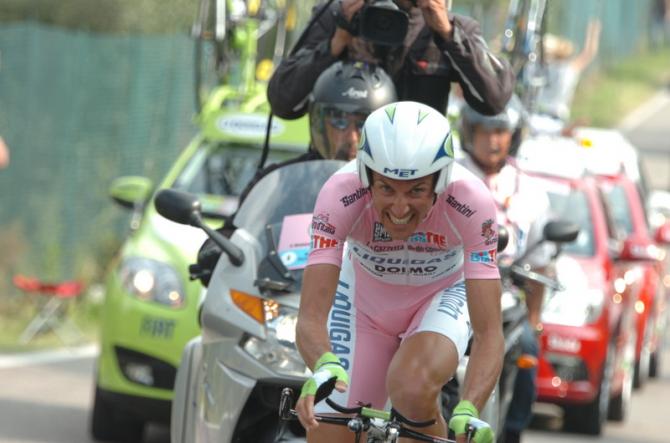
When Gert Steegmans accidentally on purpose outsprinted his QuickStep teammate Tom Boonen to win stage 2 of the 2007 Tour de France in Ghent, it seemed as though a new star had been born. Two Paris-Nice stage wins and a second Tour triumph, this time on the Champs-Élysées, the following year, convinced Steegmans, now 28, to try his luck outside of Boonen’s orbit, but he would never quite match that mid-career purple patch.
Steegman’s 2009 campaign at Katusha was interrupted by the stand he took against the team’s internal anti-doping agreement – riders who tested positive would be fined five times their annual salary – and he made little impact at RadioShack the following year. By 2011, he was back in QuickStep blue and back in his familiar role in support of Boonen.
An important part of Boonen’s guard during his all-conquering 2012 spring campaign, Steegmans fell out of favour thereafter, missing out on selection for the Tour of Flanders in 2014. Steegmans’ very public criticism of tactics at that year’s Belgian Championships was the death knell for his time at Patrick Lefevere’s squad, and he defected to ride in support of Fabian Cancellara at Trek last season. After a crash-blighted spring, Steegmans announced his retirement in July.
Just as obituaries of James Salter last June invariably referred to the author of The Hunters and Light Years as “a writer’s writer,” Pablo Lastras might best be described as a rider’s rider. In 18 seasons as a professional, the level of respect enjoyed by the Spaniard in the peloton far outstripped the appreciation he received from the media and fans alike – though, like Salter, Lastras received more commensurate public recognition in the twilight of his career.
A one-team rider at a time when such a feat is increasingly a rarity, Lastras turned professional with Banesto in the tumultuous year of 1998, and remained a fixture on the squad through the ibanesto.com, Iles Baleares, Caisse d’Epargne and Movistar eras. Lastras was a stage winner in all three Grand Tours and placed a fine third at the 2010 Tour of Lombardy, one of the most demanding editions in recent memory, though he will be remembered primarily as a road captain and rather deluxe domestique.
The final two seasons of Lastas’ career were blighted by injury and a heavy crash at the Volta a Catalunya last March ultimately brought the curtain down earlier than he had planned. After five months of trying to recover from a pelvis injury – his rehabilitation is ongoing even now – the 39-year-old Lastras had to yield to the inevitable. “I have written down in notebooks, since I was 15, almost 1600 races and 635,000 kilometres,” Lastras said on announcing his retirement. “The key is simple: have a good attitude, suffer, look after yourself a little, and motivate yourself every day.”
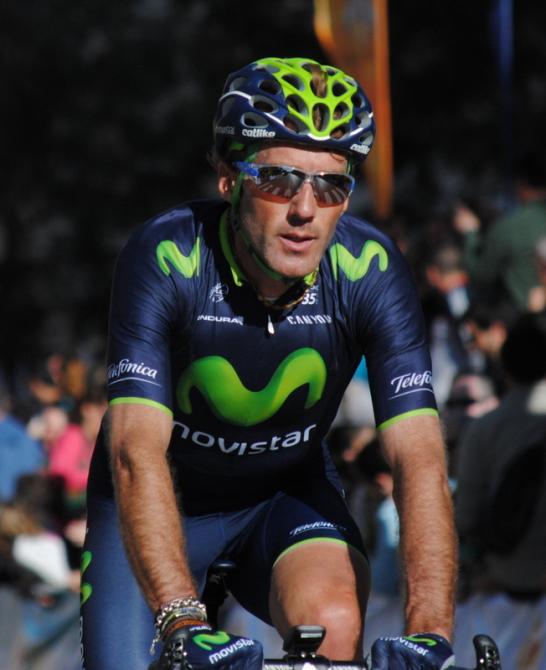
When a youthful Emanuele Sella soloed to victory in Cesenatico at the 2004 Giro d’Italia, just months after Marco Pantani’s tragic death, the neo-professional was inevitably hailed as a successor to Il Pirata. The Pantani parallel reached its apotheosis in 2008.
After steady but unspectacular progress at Panaria – he placed 10th at the 2005 Giro and 11th in 2007 – Sella’s level of performance spiked dramatically at the 2008 Giro. Sella attacked alone on the Passo Manghen to solo to victory at Alpe di Pampeago on stage 14 and then improbably repeated the dose on the Passo Fedaia the following day, before completing a hat-trick of stage wins in Aprica a week later and placing sixth overall in Milan.
It was but an illusion. In an out-of-competition control a month later, Sella fell foul of the new test for EPO-CERA, just as his rival Riccardo Riccò would do at the Tour de France. After serving a reduced ban of one year, Sella returned with CarmioOro before joining Androni Giocattoli in 2011. He would never again scale the heights of 2008, with Settimana Coppi e Bartali success the highlight. Released by Androni at the end of 2015, Sella announced his retirement this week after failing to land a contract for the coming campaign.
FDJ may be the quintessential French team but the seemingly perennial Finnish champion Jussi Veikkanen had little trouble in fitting in. Indeed, after hanging up his wheels at the end of the 2015 season, Veikkanen will remain part of Marc Madiot’s band for the coming year, signing on as a directeur sportif.
His eight Finnish national titles aside, Veikkanen’s greatest success came in 2008, when he won stages at the Route du Sud and the Deutschland Tour, though his greatest contribution at FDJ came in his service as a domestique. Indeed, such was his reputation that he was signed to link up with former teammate Philippe Gilbert at Omega Pharma-Lotto in 2011, though it would prove a brief hiatus, and he re-joined FDJ at season’s end.
A professional for 11 seasons, Veikkanen brings a wealth of experience to his new role behind the steering wheel at FDJ. His final race as professional came, fittingly, on French roads, at the Tour de Vendée. "I have seen great riders come through and become champions. It was a magnificent adventure," Veikkanen said.
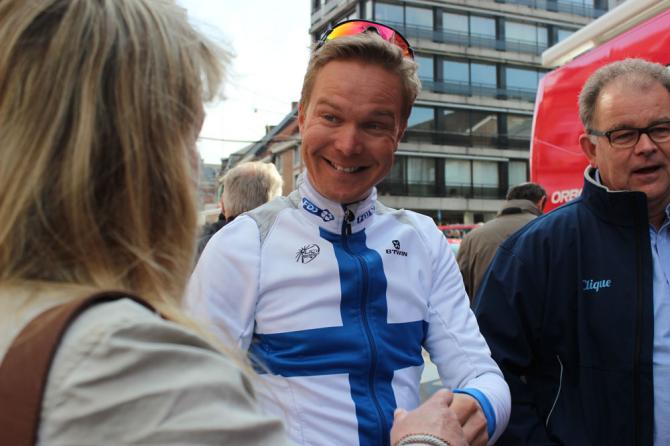
Alexandr Kolobnev has yet to formally confirm his retirement, though at 34 years of age, his announcement last June that he was taking an extended break from cycling with the blessing of the Katusha team would appear to amount to the same thing. After fracturing his foot in a crash at the Tour of the Basque Country, the Russian opted to take time to think about his future.
Winner of the inaugural Strade Bianche (then still called the Eroica) in 2007, Kolobnev developed a reputation as something of a nearly man, placing second at the World Championships road race in 2007 and 2009, and being upgraded to bronze following Davide Rebellin’s positive test at the Beijing 2008 Olympics road race.
Another near miss took on a different light in late 2011, when Swiss magazine L’Illustre alleged that Kolobnev had sold victory at the previous year’s Liège-Bastogne-Liège to Alexandre Vinokourov. Last September, Belgian prosecutors decreed that Kolobnev and Vinokourov will both stand trial on corruption charges.
Kolobnev has successfully defended himself in the courts before, of course. In 2012, the Court of Arbitration for Sport cleared him of wrongdoing following his positive test for the diuretic hydrochlorothiazide at the 2011 Tour de France.
Without a contract and drinking at the last chance saloon as 2015 began, Thomas Dekker at least had the consolation of ending a turbulent career with dignity following his game attempt at the World Hour Record in Aguascalientes, Mexico in February.
“I could ride for a small Italian team but it would do nothing for me,” Dekker said of his decision to use an attack on the Hour as a shop window. He duly clocked 52.221 kilometres, just 270 metres shy of the record then held by Rohan Dennis (BMC), but after rumours linking him with a move to Lampre-Merida came to naught, Dekker announced his retirement on March 20. “I've seen all sides of the coin: the front and the back, but also the ragged edges on the sides," he said.
Dekker turned professional with Rabobank in 2005 after a brief but glittering under-23 career, and made an immediate impact, winning Tirreno-Adriatico in 2006 and the Tour de Romandie in 2007. The success would be short-lived. After the biological passport flagged his blood values as suspect in 2009, the re-analysis of a sample from 2007 saw Dekker test positive for EPO and he was handed a two-year ban.
The Dutchman returned to action with Garmin’s Chipotle development squad in 2011, graduating to the WorldTour squad the following season, though his lone success would come in a stage of the Circuit de la Sarthe in 2012. “I wanted to prove I can still ride fast, and also I wanted to know whether I still want to be a cyclist,” Dekker wrote in March. “The answer now, a few weeks after the attack on the record, is clear to me.”
While a great many riders only confirm their retirement after failing to secure a new contract during the off-season, Ted King had the consolation of going out on his own terms. The American announced his intention to retire at the end of the 2015 campaign back in April, and he completed his career by racing the late summer events in North America, culminating with the GP de Montréal in September.
The 32-year-old King moved to Europe in 2009 to race with Cervélo TestTeam and joined Liquigas in 2011, moving across to the revamped Cannondale-Garmin team in 2015 following the merger with Slipstream Sports.
King carved out a reputation as a solid domestique during his time at WorldTour level, though he was to endure heartbreak on his Tour de France debut in 2013, when he rode the team time trial with a separated shoulder and missed the time cut by just seven seconds. Thanks to an active social media and blogging presence, King enjoyed a level of popularity that seemed to surprise him even as his career drew to a close.
“When I first got into cycling I thought I would race for three of four years and then segue that into a more typical career, I mean use my degree,” King said at the US Pro Challenge. “But I built somewhat of a following.”
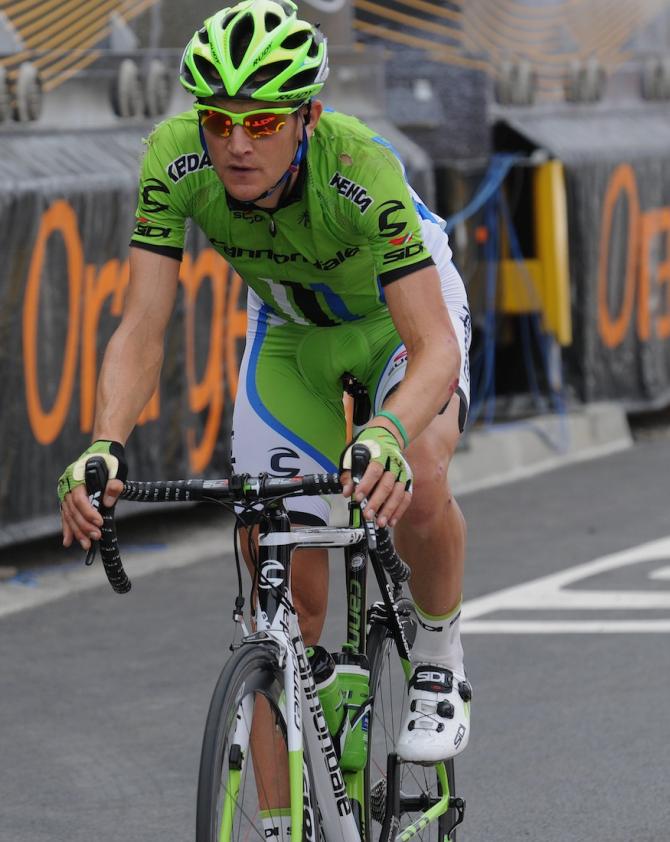
The most surprising retirement of 2015 came in November, when neo-professional Campbell Flakemore announced that he had asked for the rescission of his contract with BMC. After becoming world under-23 time trial champion in Ponferrada in 2014 – when, as it turned out, he had already been contemplating leaving cycling – Flakemore was offered a professional deal with BMC and decided to take one more year before reaching a decision.
A broken collarbone at his WorldTour debut on home roads at the Tour Down Under was an early setback, and in hindsight, Belgium in the spring was perhaps not the ideal place to return to action. After completing the Tour de Romandie and Tour of Calfornia, Flakemore struggled through the summer before informing manager Allan Peiper of his decision to bring an end to his career.
“I asked myself do I see myself doing it for the next 10 years and the answer was no,” Flakemore said simply in a candid interview with Cycling Weekly in November. “It wasn’t for me and I’m happy I’m out for now.”
Still only 23 and armed with an admirable sense of perspective, a gift not altogether common in professional sport, Flakemore is set to pursue third-level education in 2016.
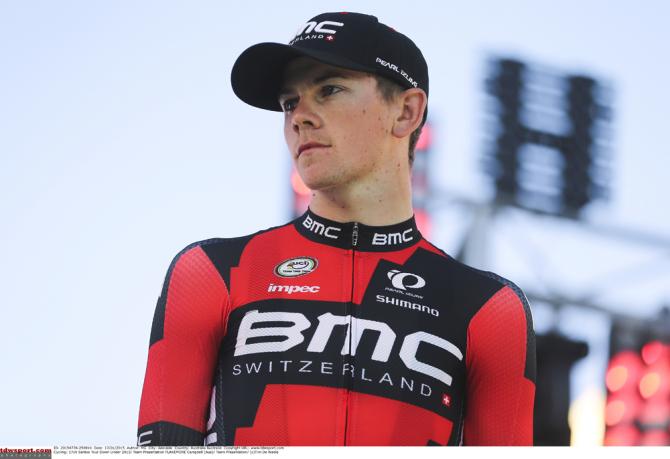

Barry Ryan was Head of Features at Cyclingnews. He has covered professional cycling since 2010, reporting from the Tour de France, Giro d’Italia and events from Argentina to Japan. His writing has appeared in The Independent, Procycling and Cycling Plus. He is the author of The Ascent: Sean Kelly, Stephen Roche and the Rise of Irish Cycling’s Golden Generation, published by Gill Books.